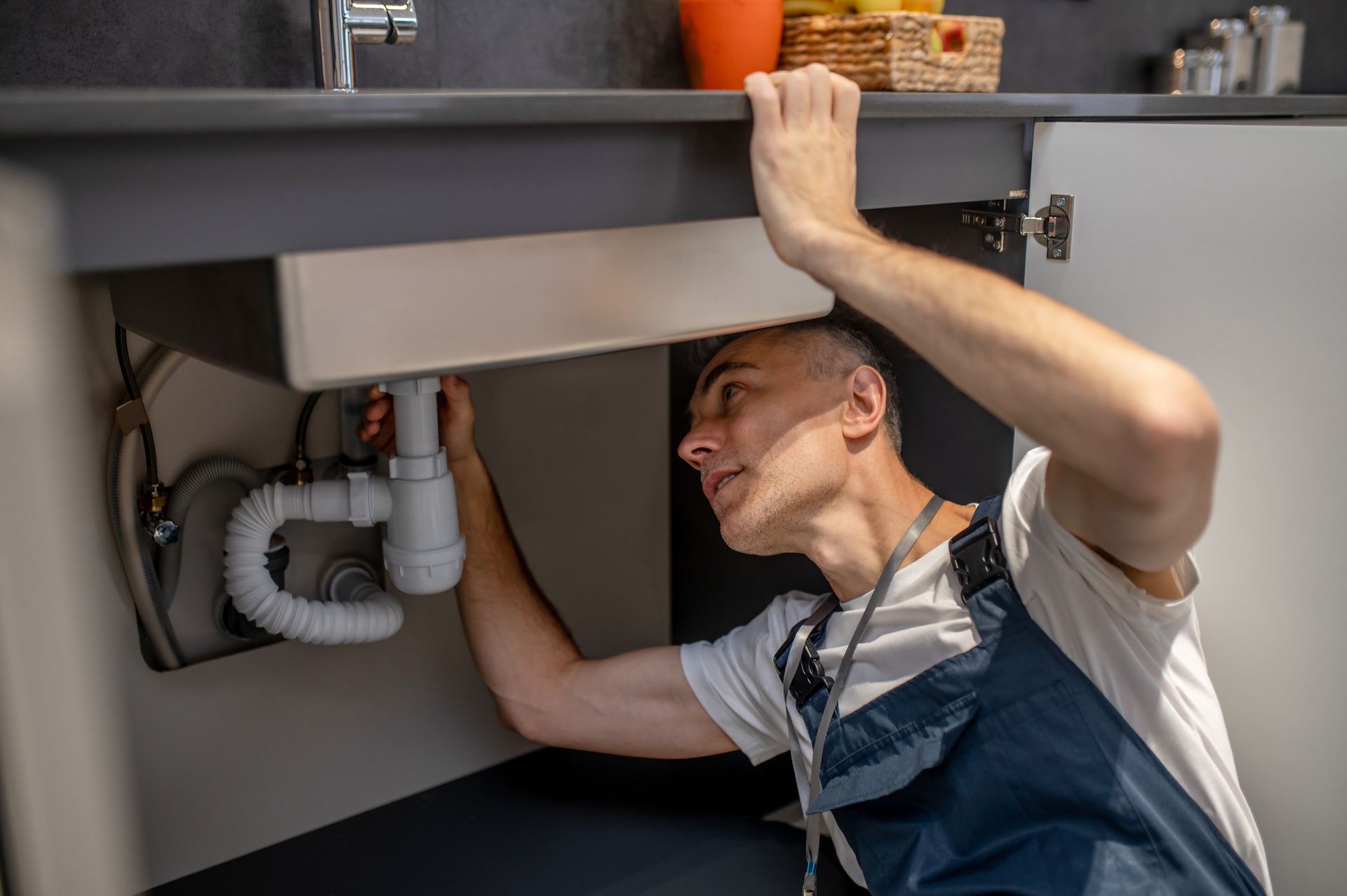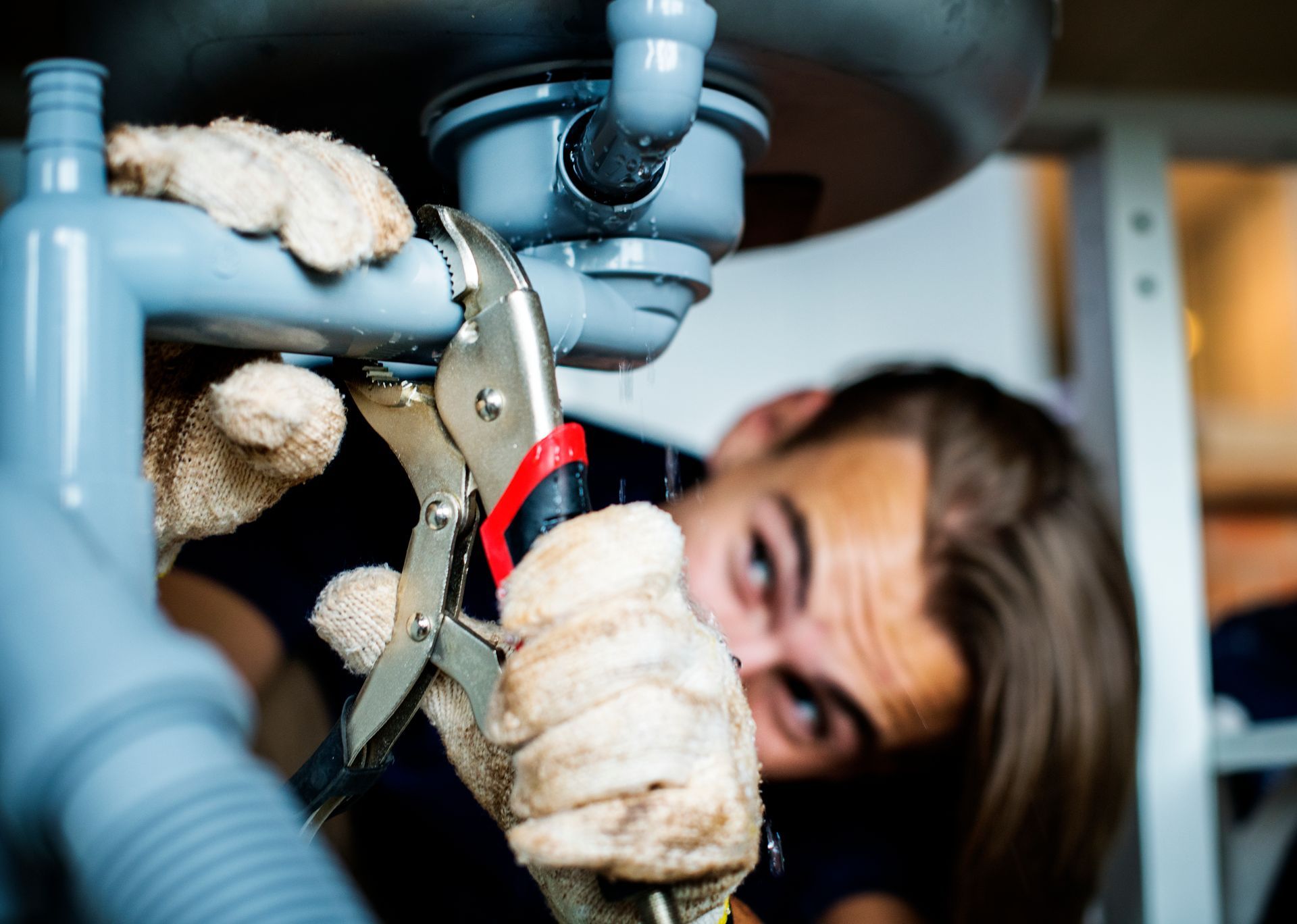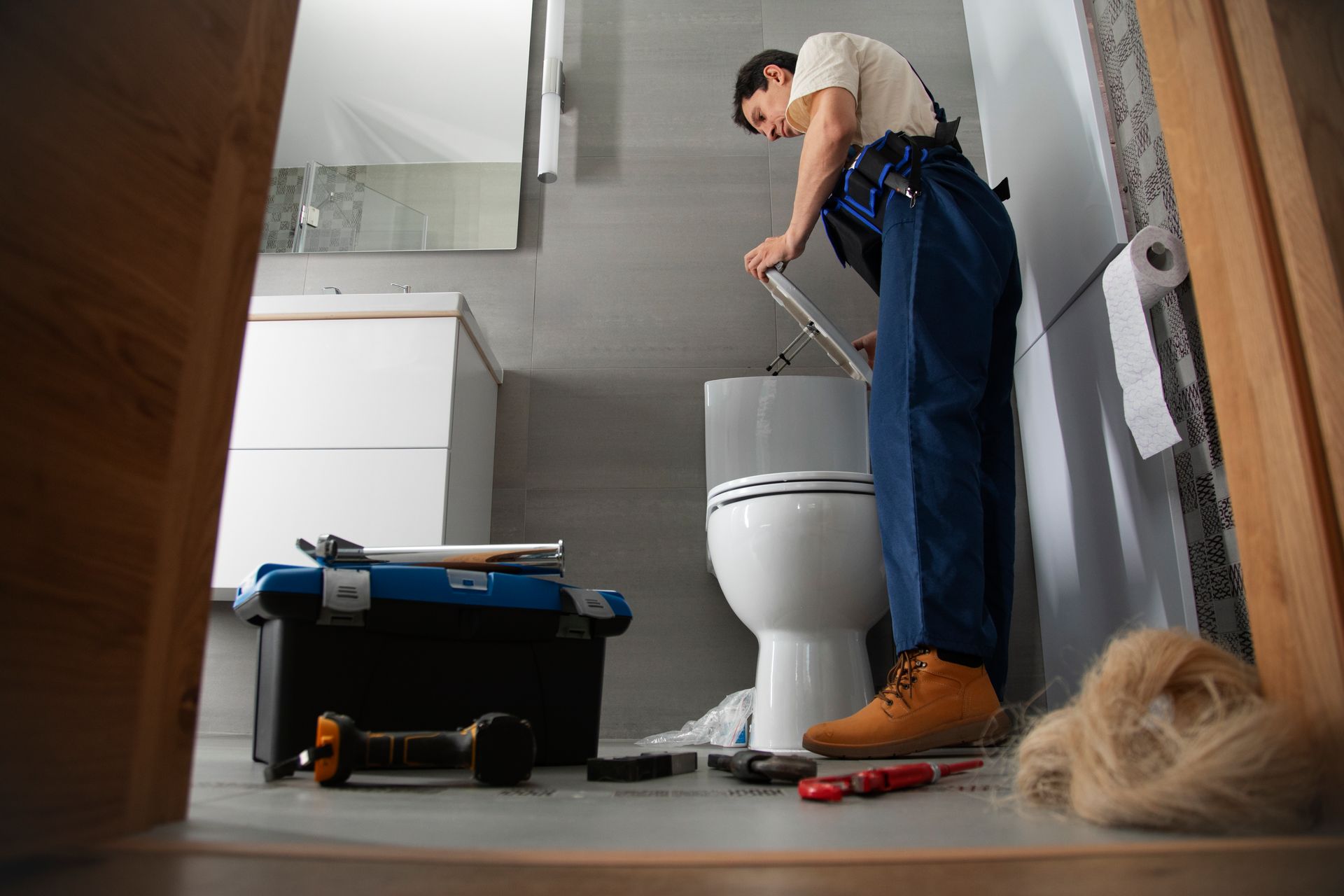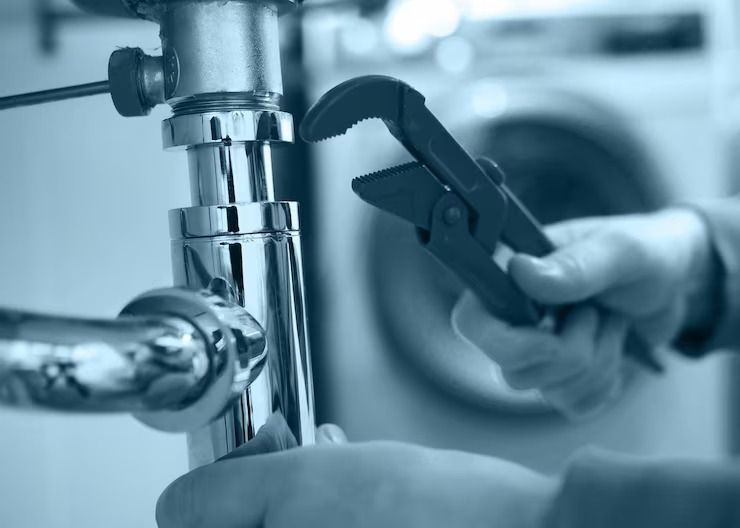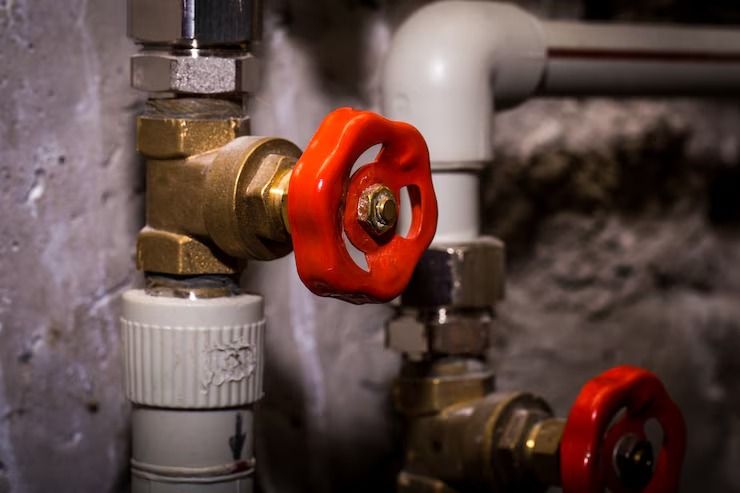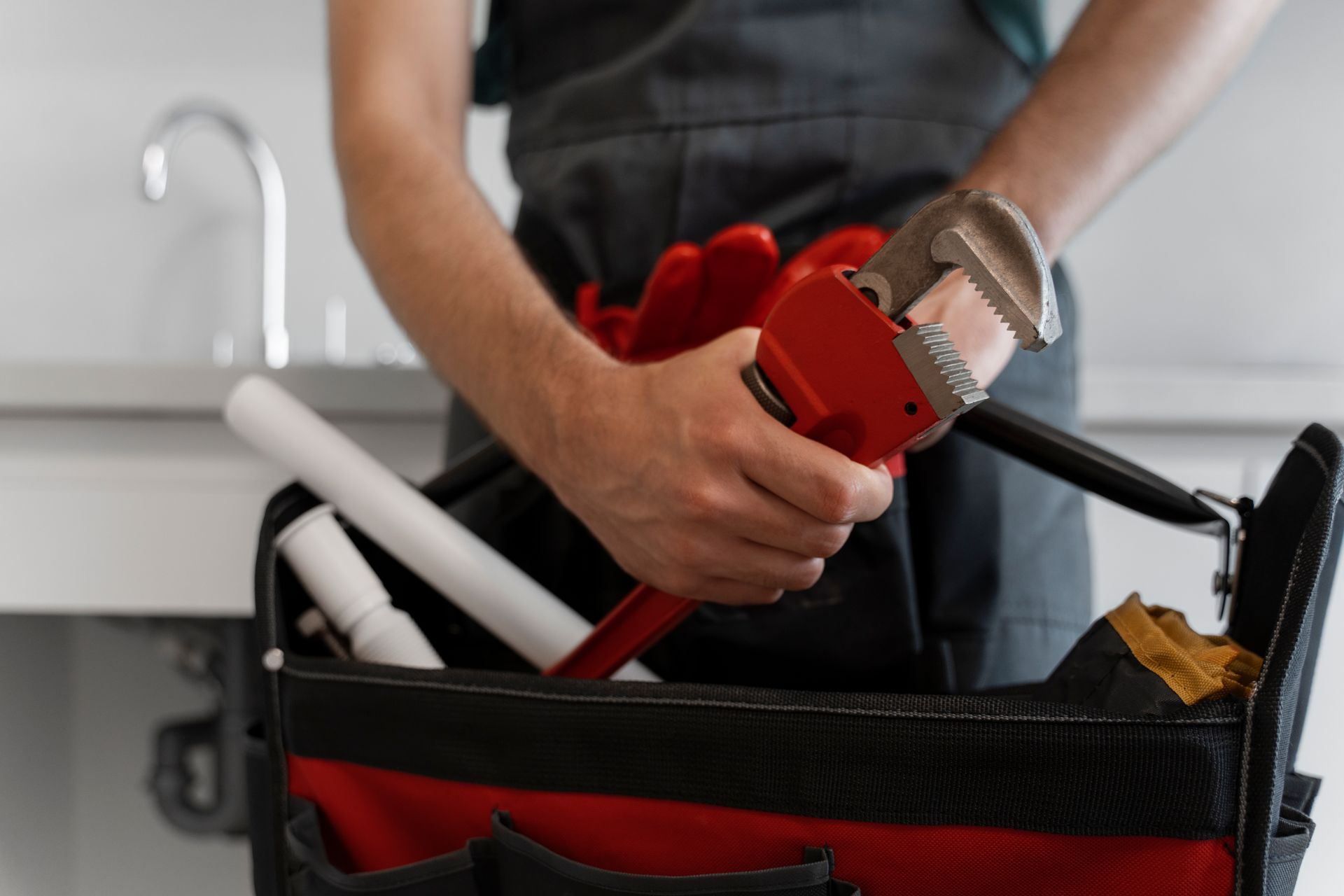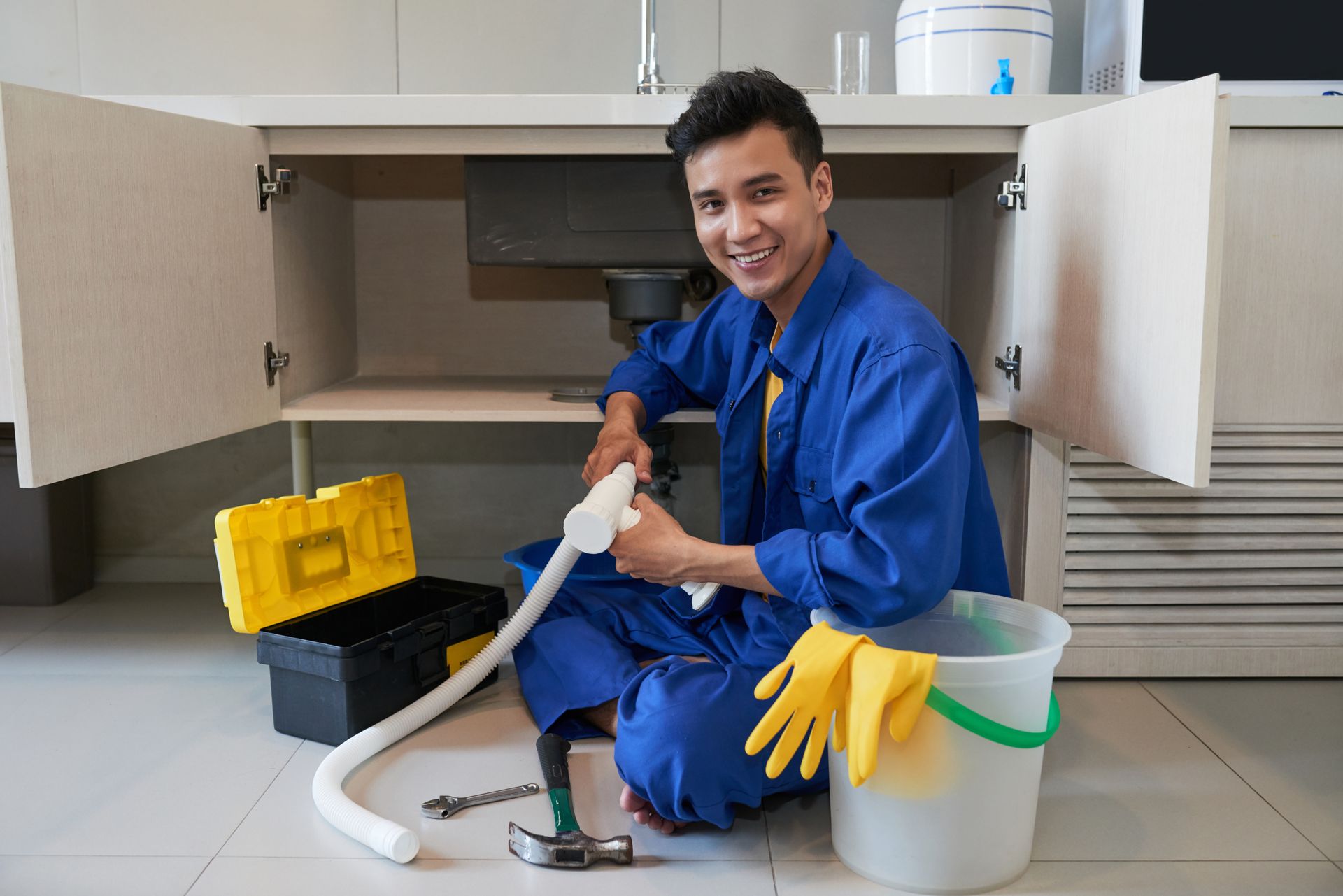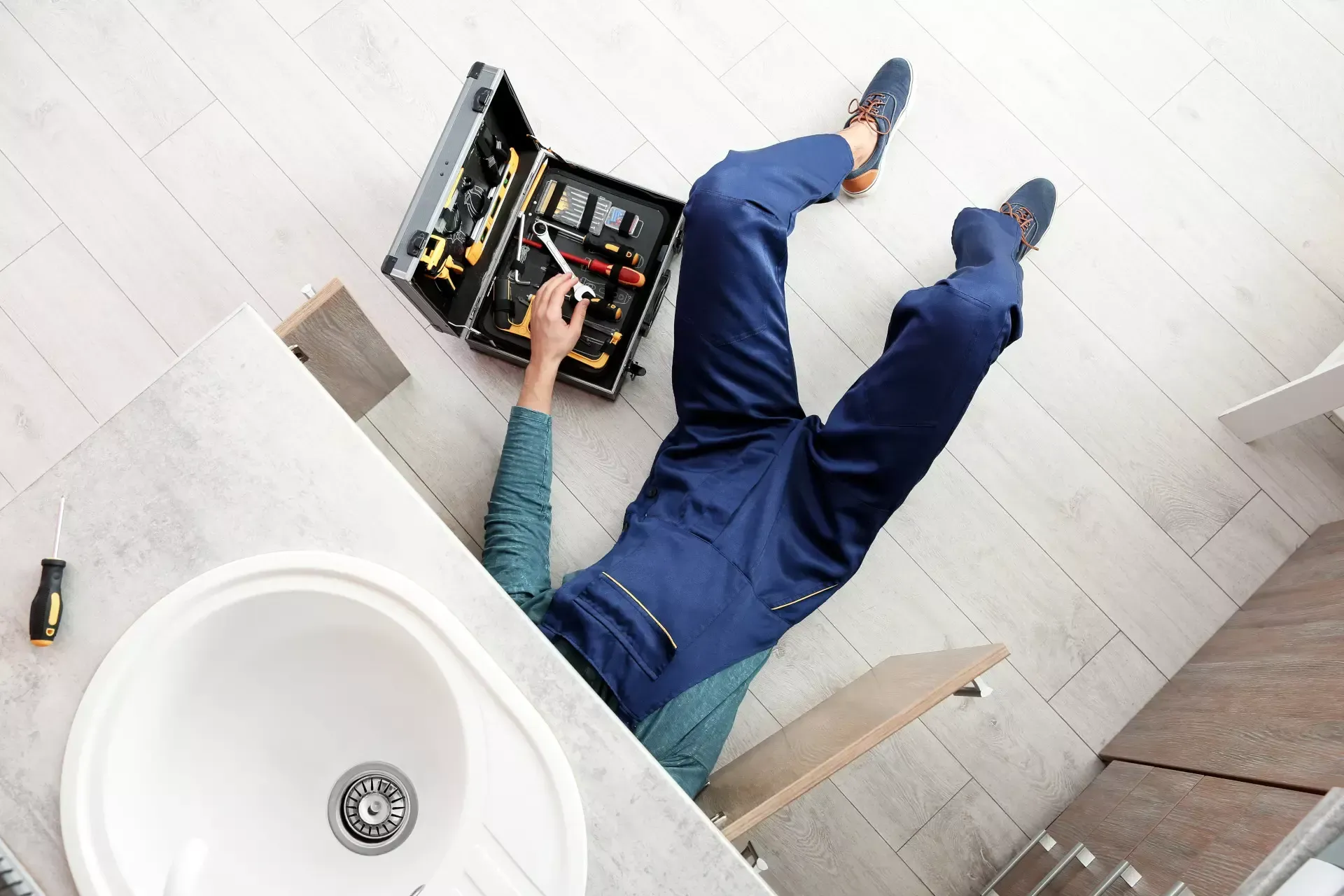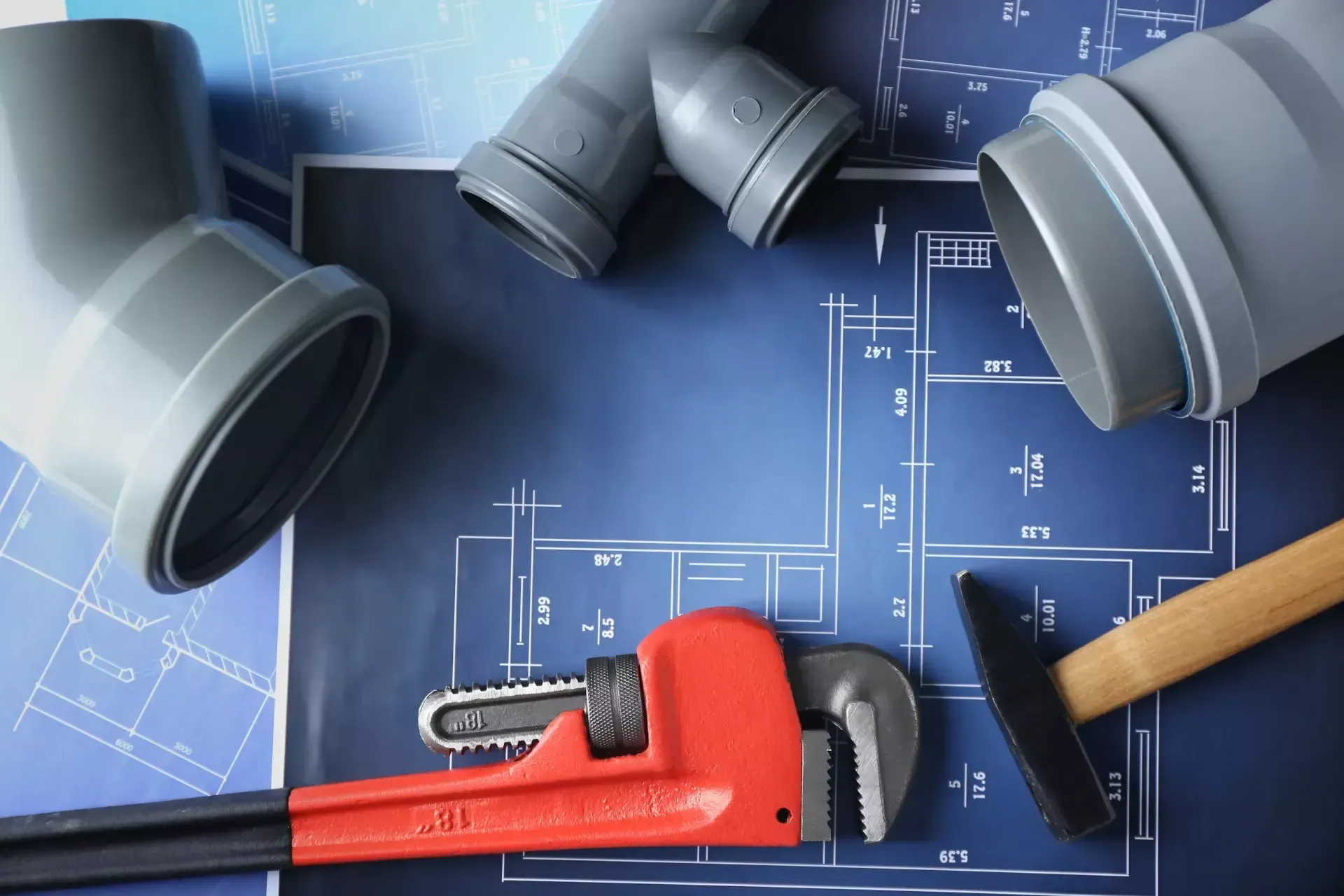The Clogged Drain Conundrum: A Guide to Unclogging and Preventing Pesky Plumbing Problems in Akron
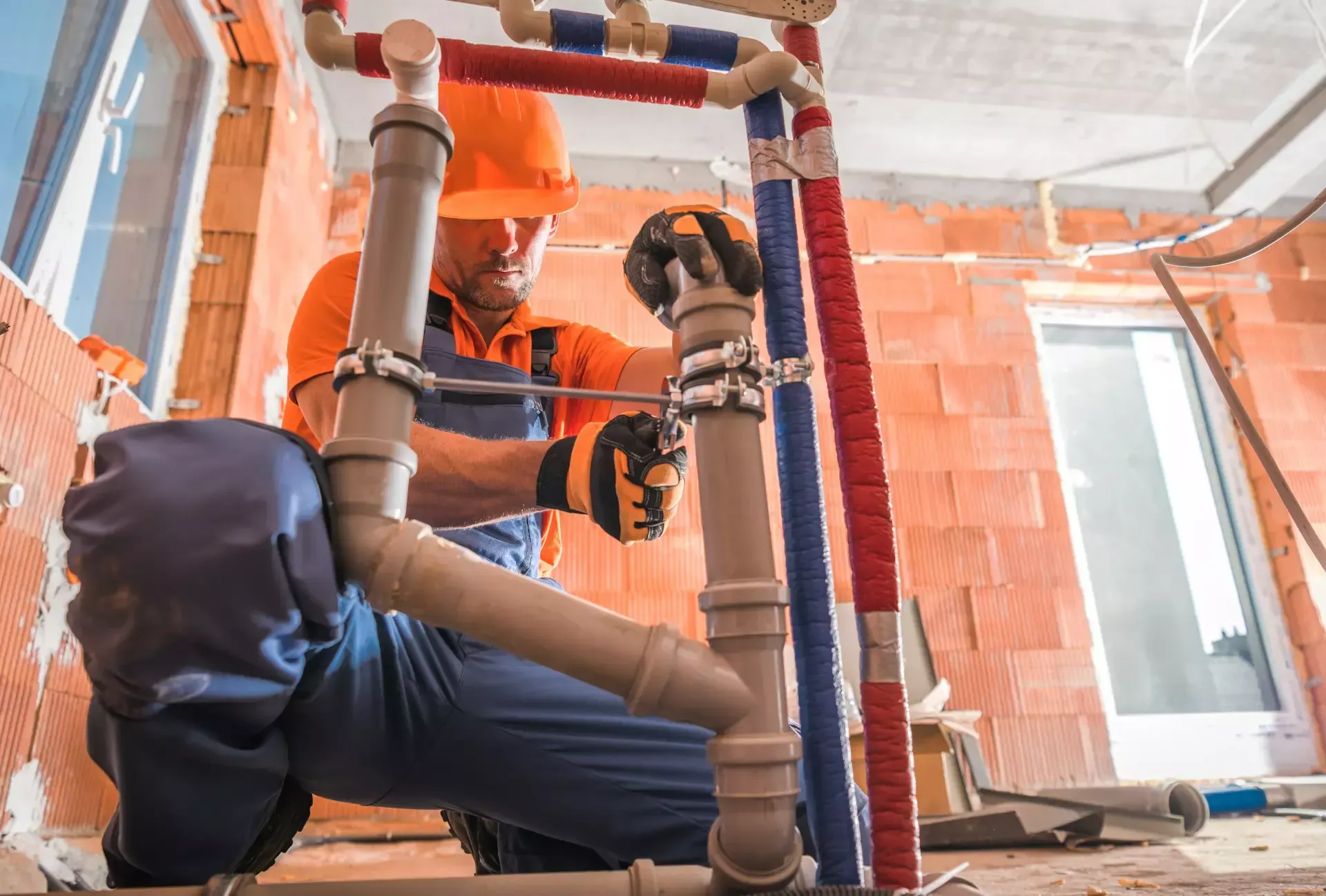
Every homeowner in Akron has likely encountered the dreaded clogged drain. Whether it's a slow gurgle from the kitchen sink or a bathtub overflowing with suds, a clogged drain can disrupt your daily routine and cause a major headache. But before you panic and call a plumber in Akron, here's a comprehensive guide to understanding clogged drains, tackling them yourself, and preventing future blockages.
Understanding the Clog: Common Culprits and Their Hideouts
Drains clog due to a buildup of various materials that shouldn't be flushed or poured down. Here are some of the most frequent offenders:
- Hair: A common culprit in bathroom drains, hair clumps can snag on soap scum and other debris, forming a formidable clog.
- Soap Scum: This slimy residue combines with hair and other materials to create a sticky mess that traps further debris.
- Food Scraps: Grease, oil, and leftover food particles solidify in drains, especially in kitchens, creating a blockage over time.
- Coffee Grounds: Despite their small size, coffee grounds can accumulate and bind with other materials to form a stubborn clog.
- Mineral Buildup: Hard water minerals like calcium and magnesium can precipitate inside pipes, gradually narrowing the passage and leading to slow drainage.
Knowing where these clogs typically form can help you pinpoint the problem and choose the most effective solution. Here are the common hiding places for drain clogs:
- P-trap: Located under your sink, the P-trap is a U-shaped section of pipe that holds water to prevent sewer gasses from entering your home. It's a prime location for hair, soap scum, and small objects to get trapped.
- Drainpipe: The pipe that carries wastewater from the P-trap to the main sewer line can also become clogged with grease, food scraps, and mineral deposits.
- Vent Stack: This vertical pipe allows air into the plumbing system to prevent trapped air from hindering water flow. However, debris like leaves or bird nests can sometimes enter the vent and obstruct airflow, indirectly causing drainage issues.
DIY Drain-Cleaning Techniques: Before You Call a Plumber in Akron
Before resorting to professional help, you can attempt to tackle the clog yourself using readily available tools and household products. Here are some methods to try:
- Plunger: The classic weapon against bathtub and sink clogs, a plunger uses suction to dislodge the blockage. Make sure to choose the right type of plunger for the specific drain (sink plunger vs. toilet plunger) and create a tight seal around the drain opening for maximum effectiveness.
- Boiling Water: For greasy clogs in kitchen sinks, boiling water can be a simple yet effective solution. Carefully pour the hot water down the drain to melt the grease and loosen the clog. However, be cautious with boiling water near plastic pipes, as it could cause warping.
- Baking Soda and Vinegar: This natural cleaning combo creates a fizzing reaction that can help break down mild clogs. Pour a cup of baking soda down the drain, followed by a cup of vinegar. Wait for the fizzing to subside, then flush with hot water.
- Drain Snake: A long, flexible metal cable with a corkscrew-like tip, a drain snake can reach deeper clogs in the drainpipe. Insert the snake slowly down the drain, turning the handle to grab the clog. Once snagged, slowly pull the snake out, removing the blockage.
Important Note: When using a drain snake, be gentle to avoid damaging your pipes. If you encounter significant resistance, stop and consider calling a plumber in Akron.
When DIY Methods Fail: Calling in the Plumbing Professionals
If your DIY attempts prove unsuccessful, it's time to enlist the expertise of a plumber in Akron. Here are some signs that you need professional help:
- Severe Clog: If your drain is completely blocked and no water drains at all, a stubborn clog deeper in the system might be the culprit. A plumber has the tools and expertise to diagnose and clear these deep-seated blockages.
- Recurring Clogs: Frequent clogs in the same drain often indicate a more underlying issue, such as damaged pipes or improper venting. A plumber can identify the root cause and provide a long-term solution.
- Multiple Clogged Drains: If clogs are occurring in multiple drains within your home, it could point to a problem in the main sewer line. A plumber can assess the situation and recommend the appropriate course of action.
- Unpleasant Odors: A persistent foul odor emanating from your drains signifies a potential problem with the sewer line or vent stack. Hiring a plumber to investigate and address the issue is crucial to prevent health hazards.
Choosing the Right Plumber in Akron: Tips for a Smooth Experience
Finding a reliable and qualified plumber in Akron is essential to ensure your clogged drain
While clogged drains can be a nuisance, understanding the causes and prevention methods empowers you to tackle them effectively. By employing DIY methods like plunging, using boiling water, or the baking soda and vinegar combo, you can often clear minor clogs yourself. However, for persistent or severe clogs, calling a reputable plumber in Akron is the best course of action.
When choosing a plumber, prioritize licensed professionals with a proven track record of customer satisfaction. Look for online reviews, ask for recommendations from friends and neighbors, and inquire about their experience dealing with your specific type of clog. Clear communication upfront about pricing and the service scope is essential. Most importantly, don't hesitate to ask questions and ensure you feel comfortable with the plumber's expertise.
Beyond tackling immediate clogs, proactive maintenance is key to a healthy plumbing system. Develop a habit of catching debris before it enters the drain. Install drain screens in sinks and tubs to prevent hair and food scraps from washing down. Regularly dispose of cooking grease and oil properly; never pour them down the drain. Avoid pouring harsh chemicals that can damage pipes, and consider using natural cleaning alternatives whenever possible.
Conclusion
By following these tips and maintaining a proactive approach, you can minimize the likelihood of clogged drains and ensure a smooth-functioning plumbing system in your Akron home. Remember, a little preventative effort goes a long way in saving you from future headaches and potential plumbing emergencies
Ready to work with Plunger Plumber?
Let's connect! We’re here to help.
Send us a message and we’ll be in touch.
Or give us a call today at (216) 616-1468

